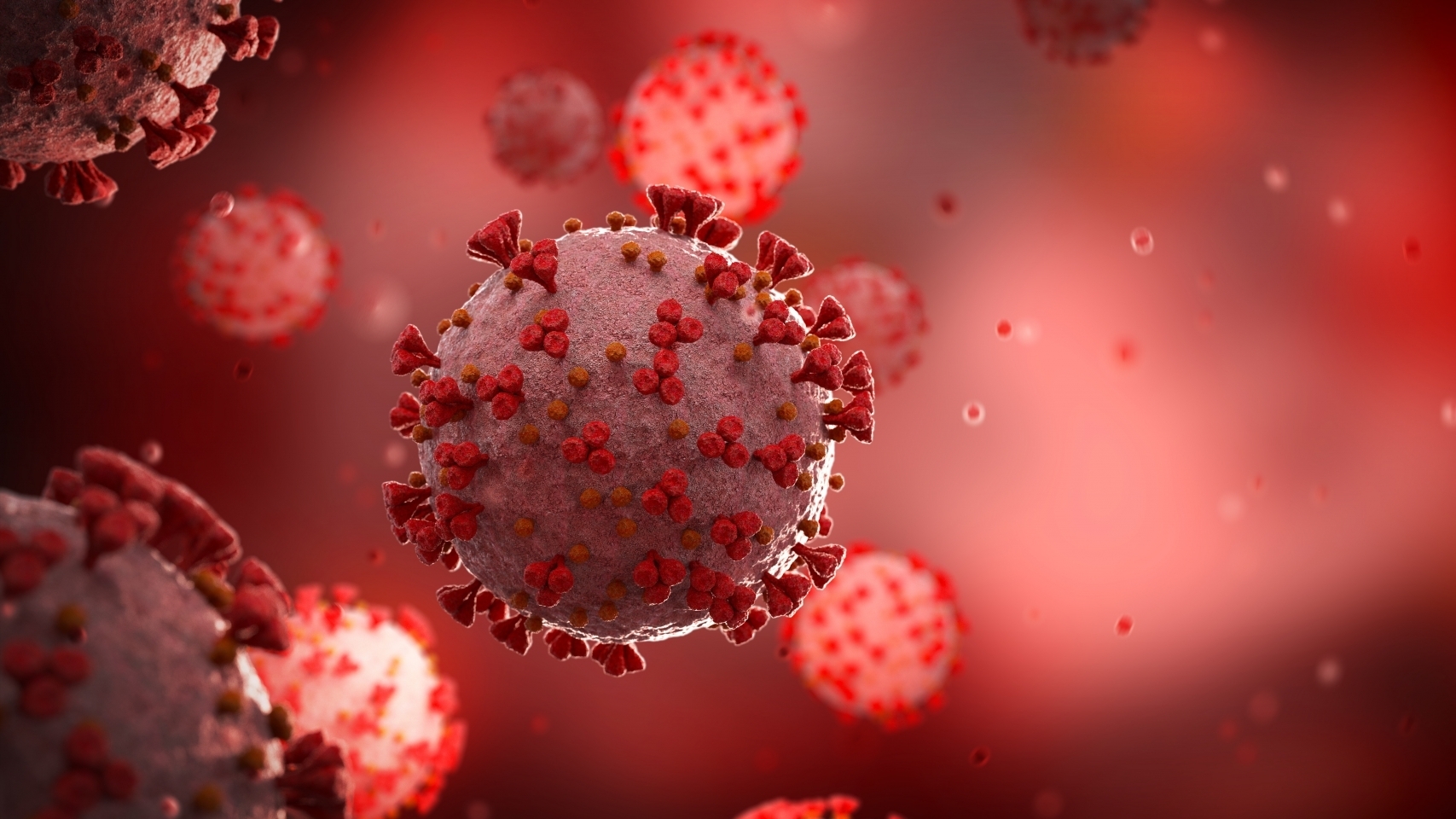More than half of everyone who contracts COVID-19 has some sort of longer health impact as a result, and some for many months afterward, impacting their lives in serious ways, explained UAB’s Dr. Jeanne Marrazzo.
“It’s over 50 percent, and that’s consistent across countries. Getting COVID is not fun, but having long COVID is even less fun,” said Marrazzo, director of infectious diseases at UAB, during a Facebook Live discussion Thursday hosted by the Medical Association of the State of Alabama.
It became clear in the spring after the first wave of COVID-19 that many people were experiencing lengthy problems after COVID infection, Marrazzo said. In numerous studies since physicians are seeing people with continued health problems, which doctors are calling Post-acute SARS CoV-2 Syndrome or PACS.
These lengthy health struggles aren’t just being seen in those who had severe illnesses that require hospitalization, Marrazzo said. For those who had COVID but were not hospitalized, common long COVID symptoms are fatigue, weakness, fever, night-sweats, anxiety, insomnia and a loss of the sense of taste and smell.
“And then the other area is neurocognitive impairment, so there is this COVID brain fog that people describe,” Marrazzo said.
Another common symptom for those who weren’t hospitalized is the feeling of breathlessness, she said.
“These are often young people who often were unvaccinated, and they were very, very functional. Often athletes previous to this, and they don’t feel like they’ve been able to run for example, the way they used to run,” Marrazzo said.
For those who were hospitalized with COVID long term symptoms include skin rash, hair loss, increased anxiety, nausea, vomiting, loss of appetite, diarrhea, stomach pain and headaches.
“Functional impairment was really common, meaning basically that they just didn’t feel like they could do what they used to do, and that was associated with fatigue or muscle weakness,” Marrazzo said.
In UAB’s clinic that helps those with long COVID most patients have those symptoms for three months or longer, Marrazzo said. Marrazzo said it’s not clear who might be more likely to suffer from long COVID, and there’s not yet enough studies on long COVID in children.
Vaccination doesn’t appear to prevent long COVID for those who get the virus in breakthrough infections, but it may reduce chances slightly, Marrazzo said.
“I think that these data are concerning,” Marrazzo said. “They really say that we are dealing with a real syndrome that these patients are suffering from. They’re suffering from something we don’t really understand.”
To help broaden that understanding, UAB has been awarded a grant in partnership with Louisiana State University and the University of South Alabama in a project to enroll approximately 900 people with recent COVID cases, or who still have COVID, in each of the three university areas.
The goal is to study those people for up to four years to gain understanding of long COVID, Marrazzo said. Those studies could begin in December.
Alabama State Health Officer Dr. Scott Harris said during the discussion that a common argument he hears is that people don’t believe they’re individually at risk of serious illness from COVID.
“Clearly, there’s a lot more at risk than just what happens during the acute illness,” Harris said.
Harris said while the state’s COVID case count and hospitalization numbers have improved, Alabama’s vaccination numbers have declined. Alabama has the fourth-lowest percentage of fully vaccinated residents in the nation, according to the Centers for Disease Control and Prevention.
“Most of the shots that we’re giving right now are third shots. They are booster doses,” Harris said.
Harris said there’s a concern that with Thanksgiving and December holidays approaching people will gather together and COVID cases could begin rising. He encouraged people to remain outdoors if possible, and to wear masks around others.
“If you haven’t been vaccinated yet you’re not going to be protected by Thanksgiving. There is still time to protect yourself for the December holidays and the New Year,” Harris said.























































